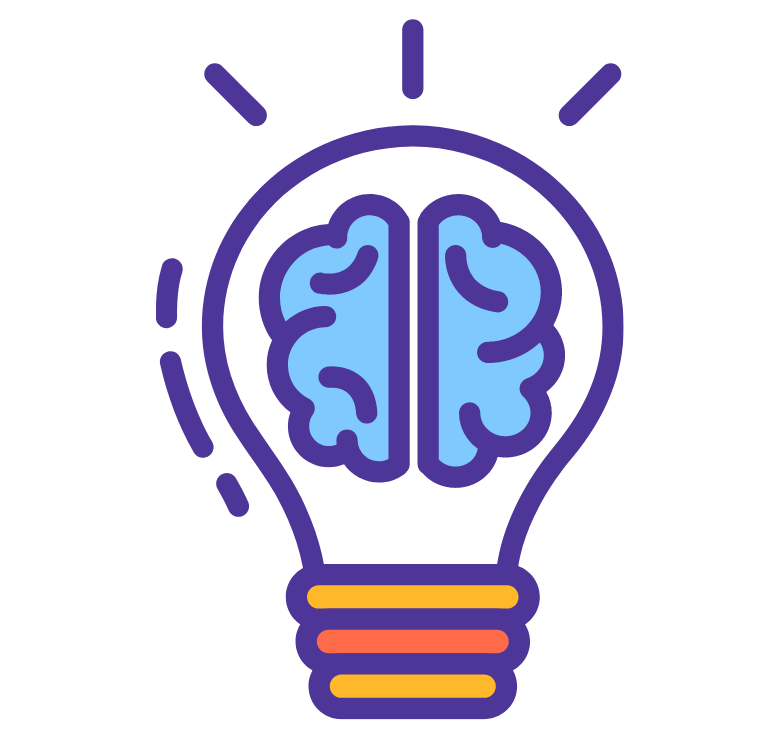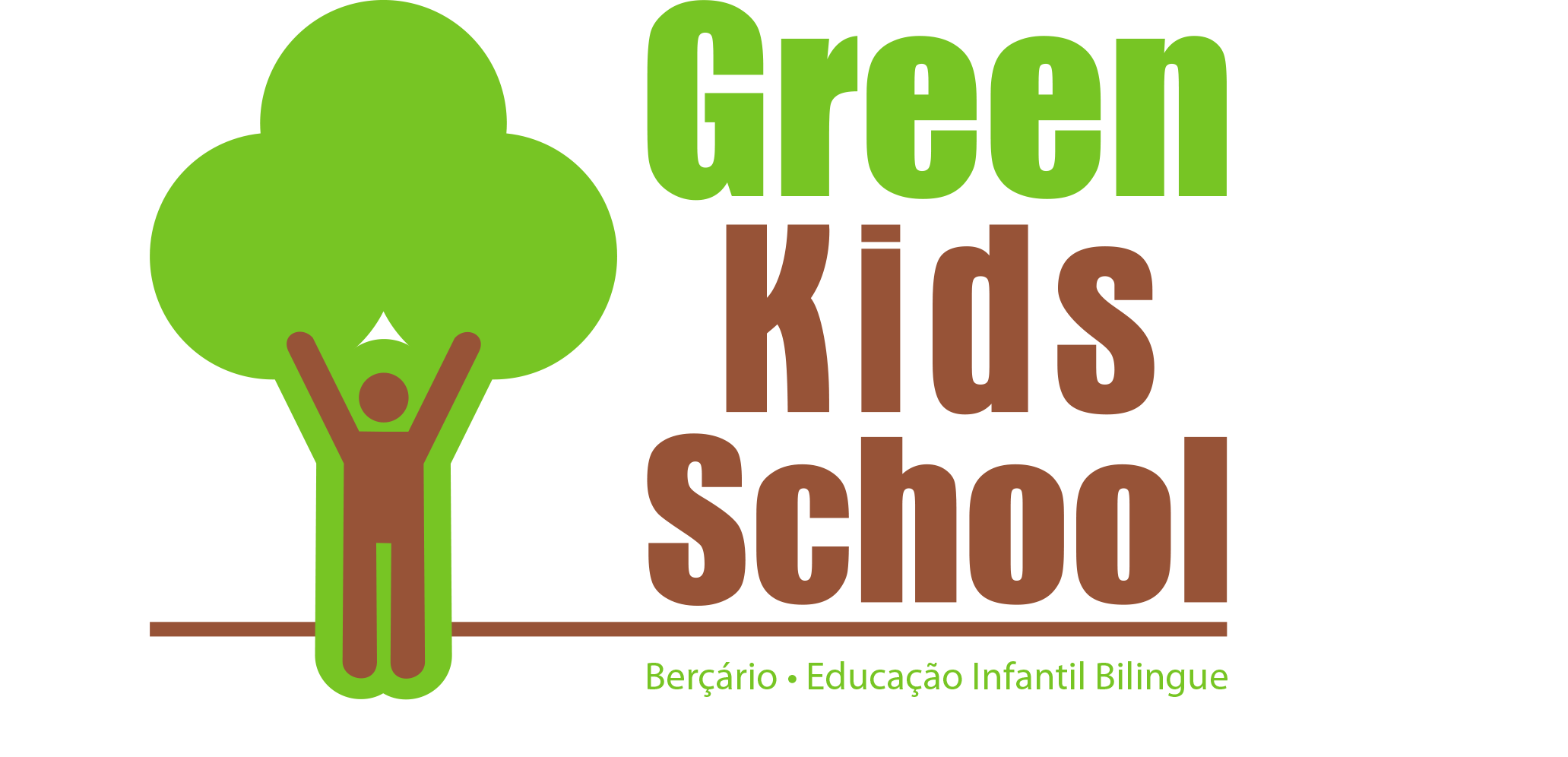Bilinguism
Why is learning English in early childhood easier?
A study that analyzed neuronal processes during early childhood when learning a new language, entitled From Neurons to Neighborhoods: The Science of Early Childhood Development,proves that after the age of 6 it becomes more difficult to retain language learning at high levels.

During the first 6 years of life, your child's brain is highly conducive to making neural connections. This is the only stage that a human being can reach a peak of 1,000 new neural connections per second, twice as many as an adult brain. Each of these connections is responsible for forming the basis of your child's brain structure, directly impacting the infant learning process.
Throughout Early Childhood, language acquisition happens organically and unconsciously, through natural assimilation by children. It is a spontaneous process that requires no effort by the little ones.
After the age of 7, the acquisition of a second language takes place in a different area of the brain, through a conscious process in which the first language is used as a basis, together with the resource of translation. In other words, it becomes more difficult to be truly bilingual after Early Childhood.

Frequent contact with English makes all the difference in the learning process
A research has drawn attention to the importance of frequency in babies' learning, both in cognitive activities, such as recognizing a face, and in language skills.

Throughout the Window of Opportunity, all babies who absorbed language instruction were subjected to constant repetition. We can prove this by observing our own children when they are small. Almost always the first words they learn are the ones they hear the most.
It takes several months for a baby to be able to turn syllables into words. After 50 or so terms learned, they enter the so-called "rapid mapping" stage. At this stage, the learning pace is very fast.
Having contact with English is so relevant in the process of long-term fluency that a study has proven that children who hear more words in a given language during their first 3 years of life will have a much larger vocabulary by the time they are 11 years old.
The Opportunity Window totally interferes with the development of each of your child's cognitive abilities. And this is a task that needs to be supported by kindergarten.

